Back in July, disturbing research came out that found 99% of former NFL players studied were diagnosed with chronic traumatic encephalopathy (CTE). CTE is a serious degenerative disease that can cause anything from amnesia to suicide. After hearing about the study, Baltimore Ravens offensive lineman John Urschel promptly quit the game in the prime of his career after just three seasons in the league.
While the mental health of all NFL players is important, Urschel had a secret reason for protecting his brain: He’s a full-time student getting his doctorate in mathematics at the prestigious Massachusetts Institute of Technology. He didn’t tell anyone that he was a full-time student during football season.
Urschel hid his studies from his team because he knew they’d consider it a distraction from the game. “I did not tell anyone this. Well, except MIT,” Urschel revealed to the “Freakonomics” podcast. “But I don’t think an NFL team would be extremely happy to hear that I’m working towards my Ph.D. also in the fall.” Urschel took a correspondence course that allowed him to study without having to be on campus.
“I took courses which I thought were very manageable in season — areas that I was more or less familiar with previously, classes which had a textbook, which the professor followed the textbook and I would just do the assignments and then just send them in,” he told the podcast.
How did Urschel manage to study while living the hectic and painful NFL life? “I would play the game on Sunday. Then from Sunday — suppose it’s a home game, one o’clock kickoff. I get home around 5, perhaps 5:30. From Sunday, 5:30 p.m. until Tuesday, say, 11 a.m. — when I have to go into the Ravens — all I am doing is MIT coursework and math,” he said.
Urschel’s story is one of extreme bravery. Not only has he stared down the scariest things known to man — defensive lineman and doctorate-level math problems — but he turned away from fame and fortune to pursue his education.








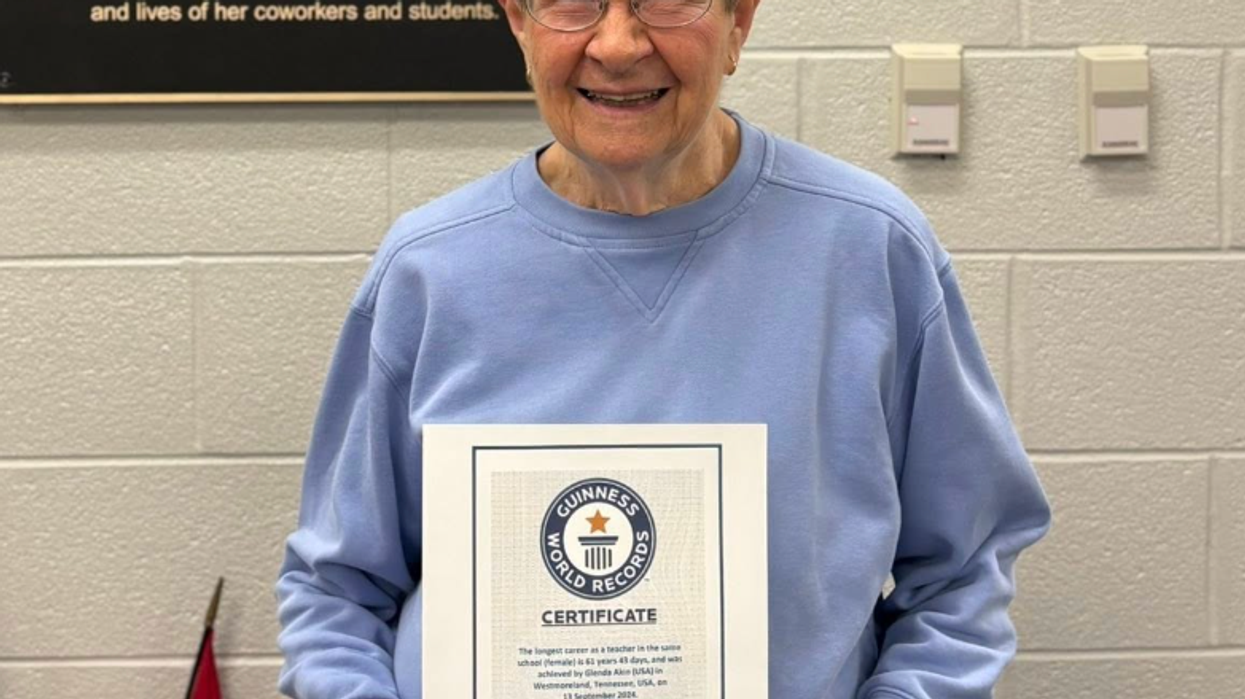

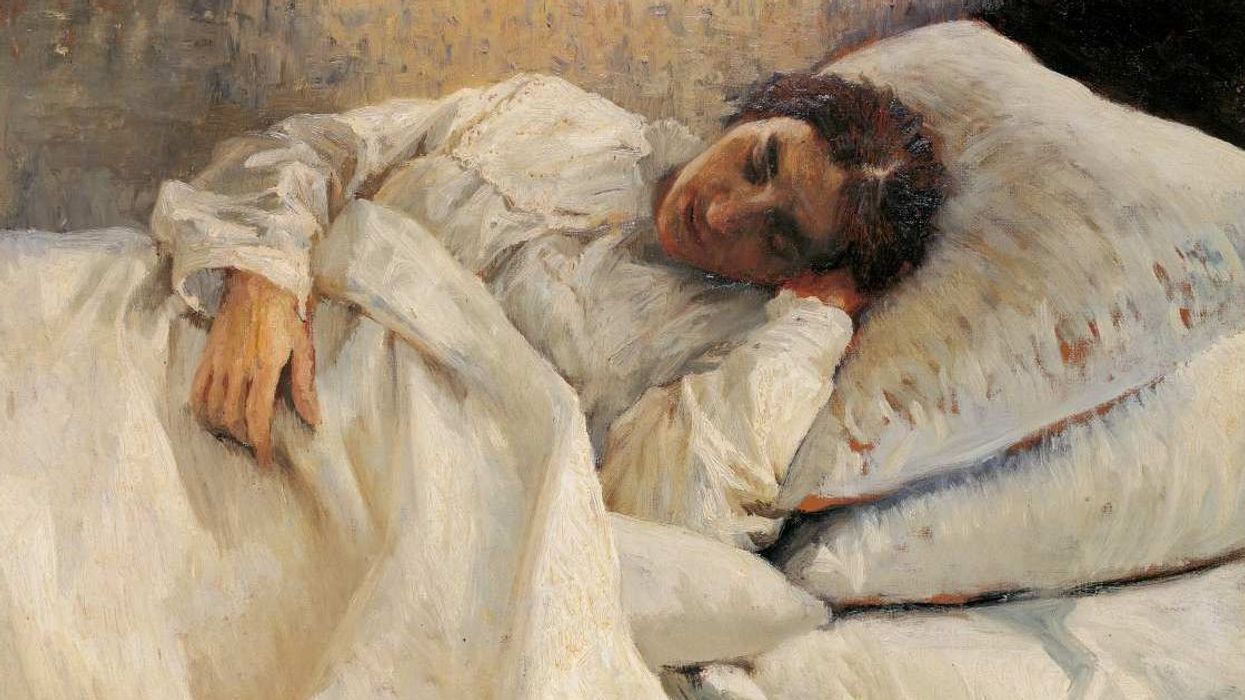




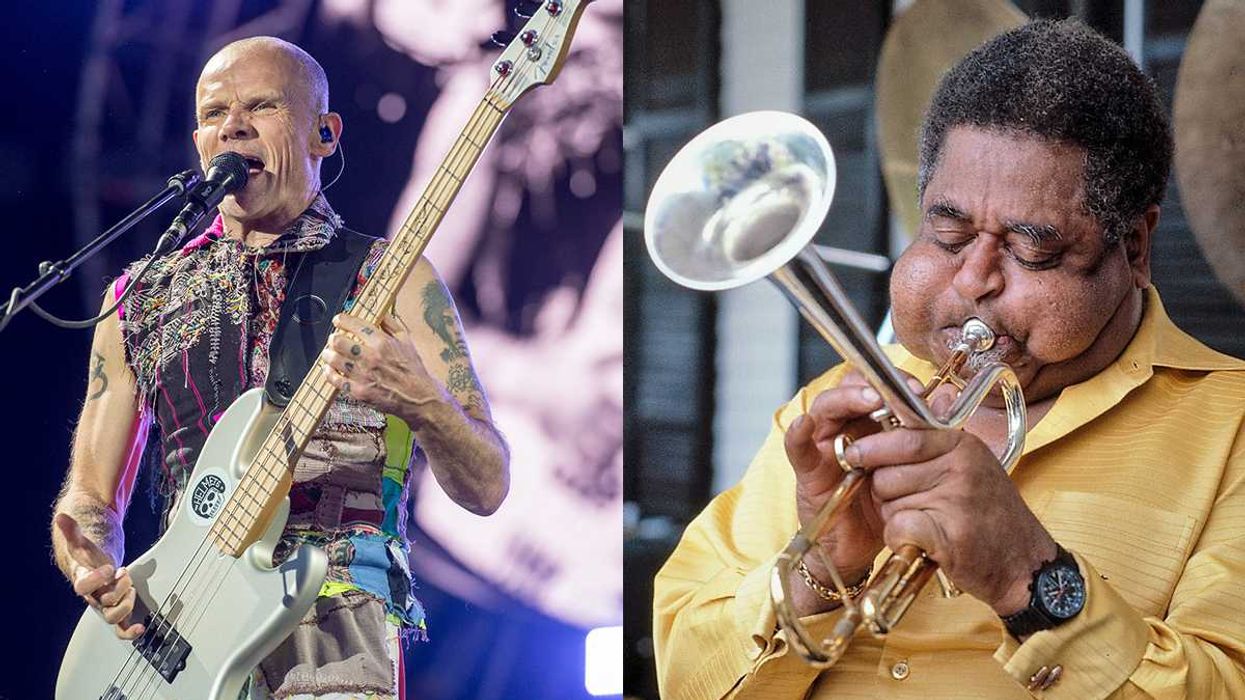
 Red Hot Chili Peppers bassist Flea at Lollapalooza Chile in 2014.Cancha General/
Red Hot Chili Peppers bassist Flea at Lollapalooza Chile in 2014.Cancha General/  Red Hot Chili Peppers bassist Flea at Rock in Rio Madrid in 2012.Carlos Delgado/
Red Hot Chili Peppers bassist Flea at Rock in Rio Madrid in 2012.Carlos Delgado/ 

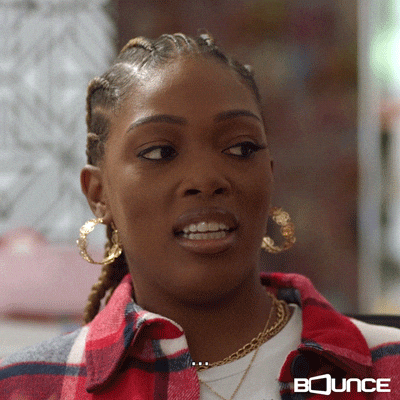 Gif of confused woman saying "OK"
Gif of confused woman saying "OK" A woman rejects a man's advancesCanva
A woman rejects a man's advancesCanva A couple kissingCanva
A couple kissingCanva
 A house on fireCanva
A house on fireCanva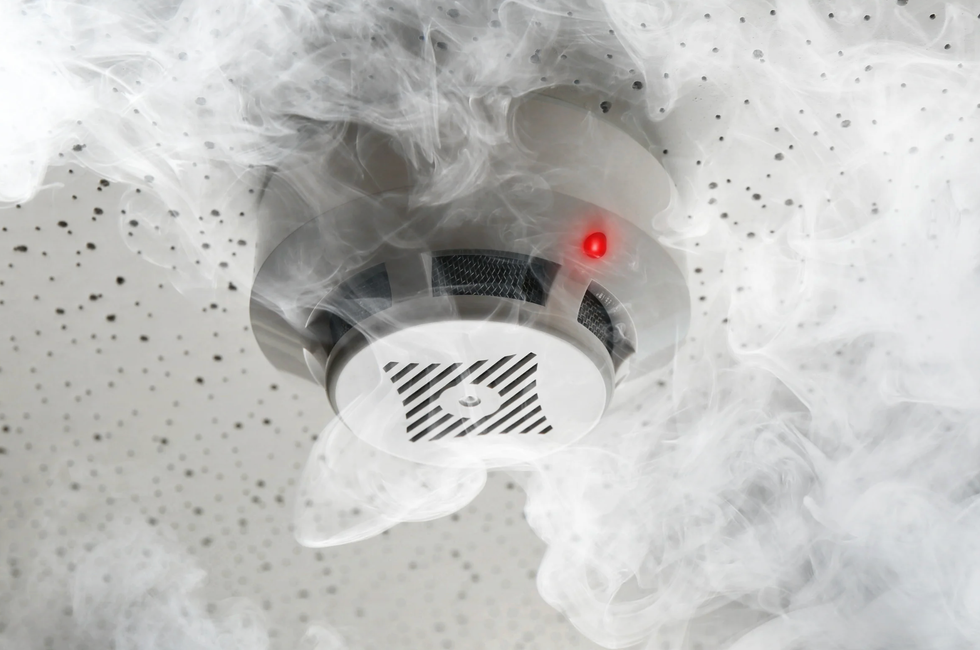 A smoke detector covered in smokeCanva
A smoke detector covered in smokeCanva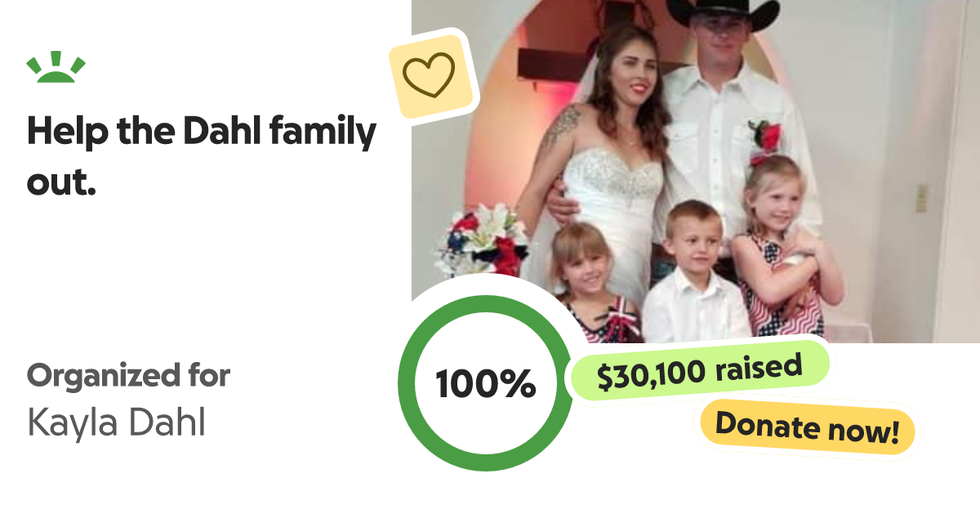 The Dahl family gofundme
The Dahl family gofundme 
 Mushrooms containing psilocybin.Photo credit:
Mushrooms containing psilocybin.Photo credit:  Woman undergoing cancer treatments looks out the window.Photo credit:
Woman undergoing cancer treatments looks out the window.Photo credit:  Friend and patient on a walk.Photo credit:
Friend and patient on a walk.Photo credit: 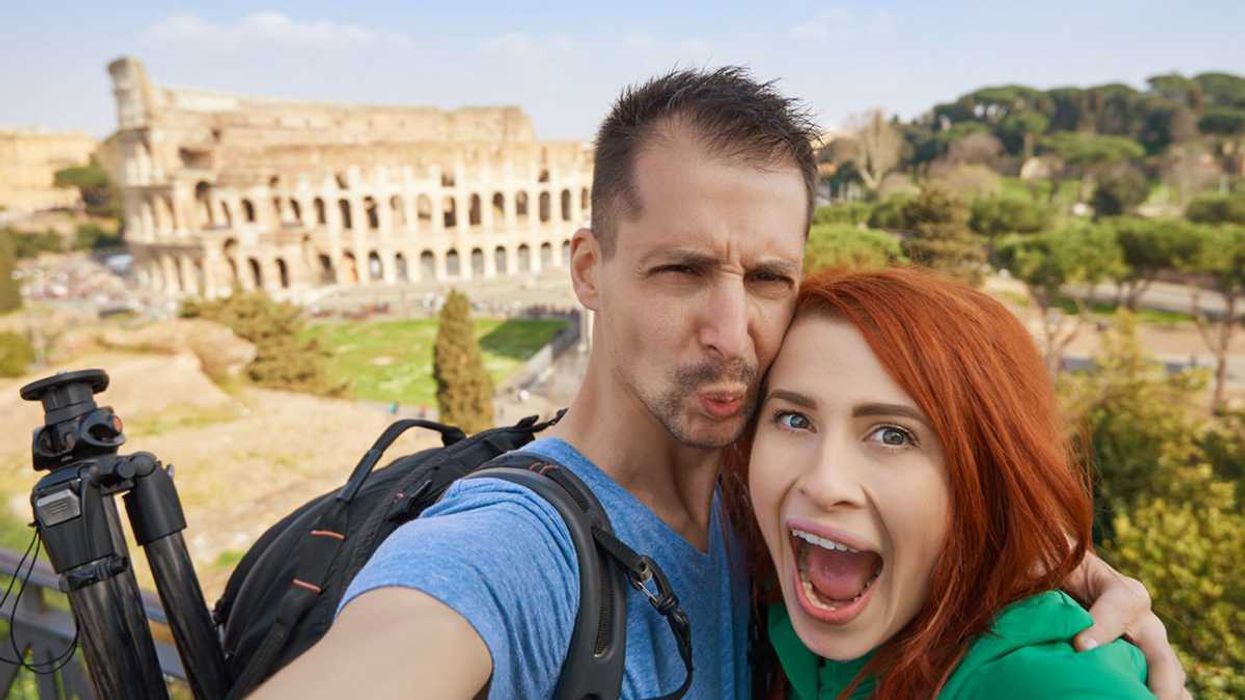
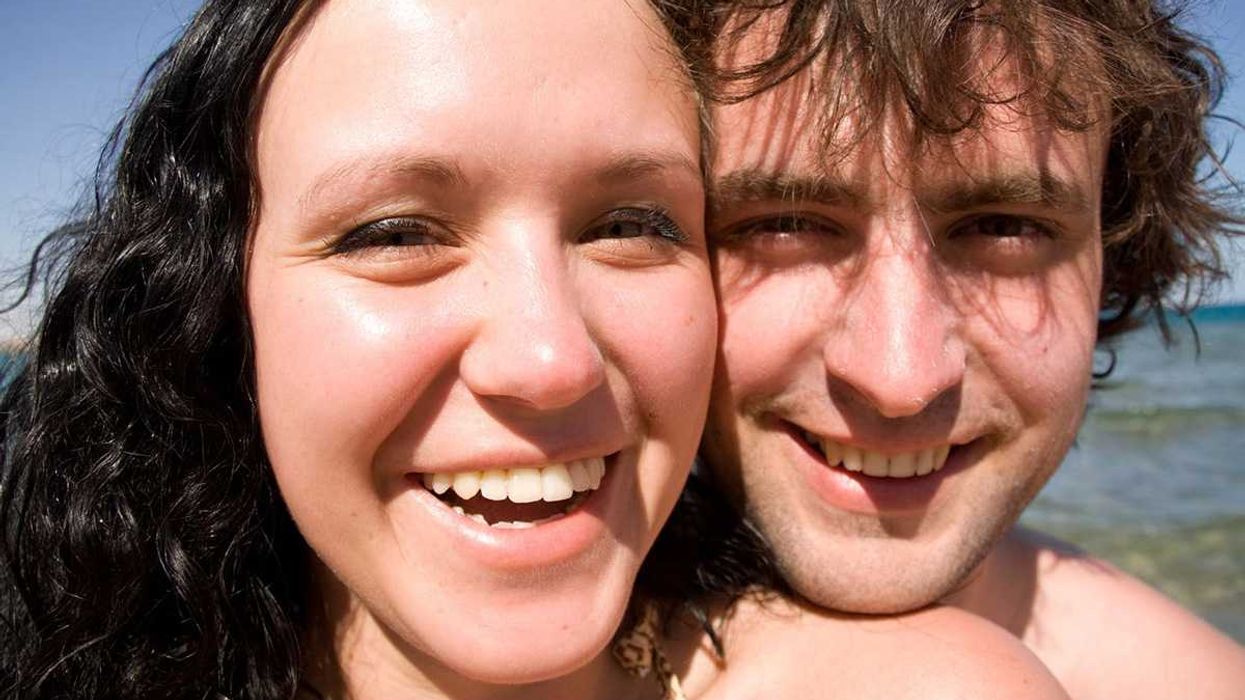 A smiling couple. Photo credit:
A smiling couple. Photo credit:  Feeding each other ice cream.Photo credit:
Feeding each other ice cream.Photo credit: 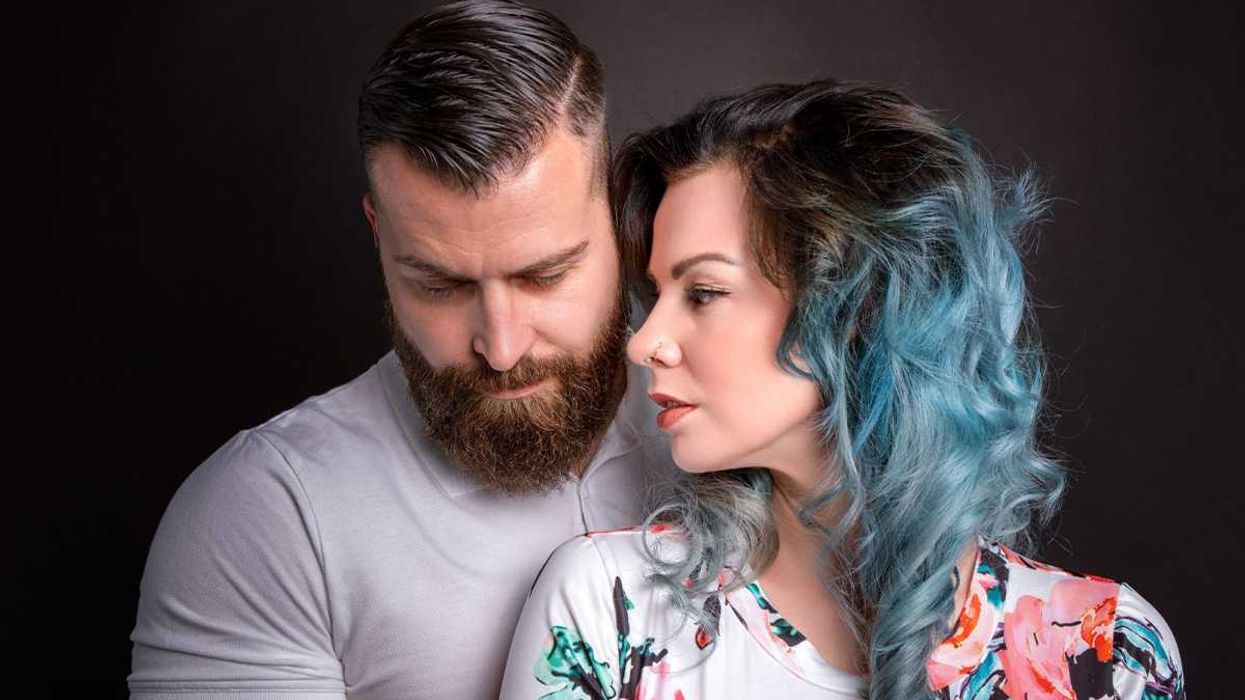 An intimate photograph of a couple.Photo credit:
An intimate photograph of a couple.Photo credit:  Playing with food.Photo credit:
Playing with food.Photo credit: 
 Bird searches for food on a beach.Photo credit
Bird searches for food on a beach.Photo credit  Articulating arm in sand.Graeme Main/
Articulating arm in sand.Graeme Main/  Woman arms stretched.Photo credit
Woman arms stretched.Photo credit 